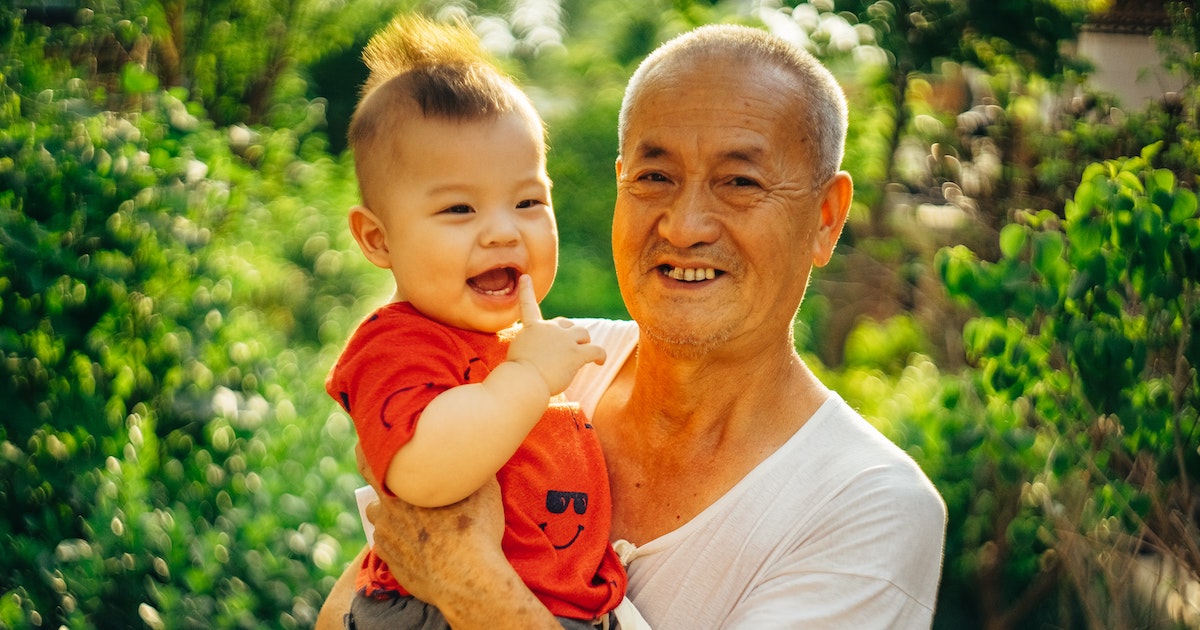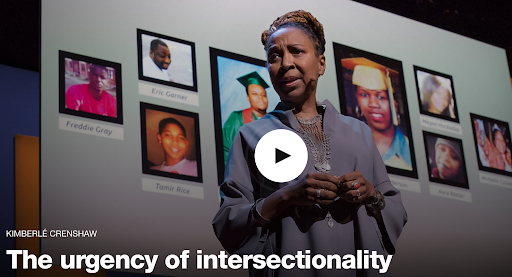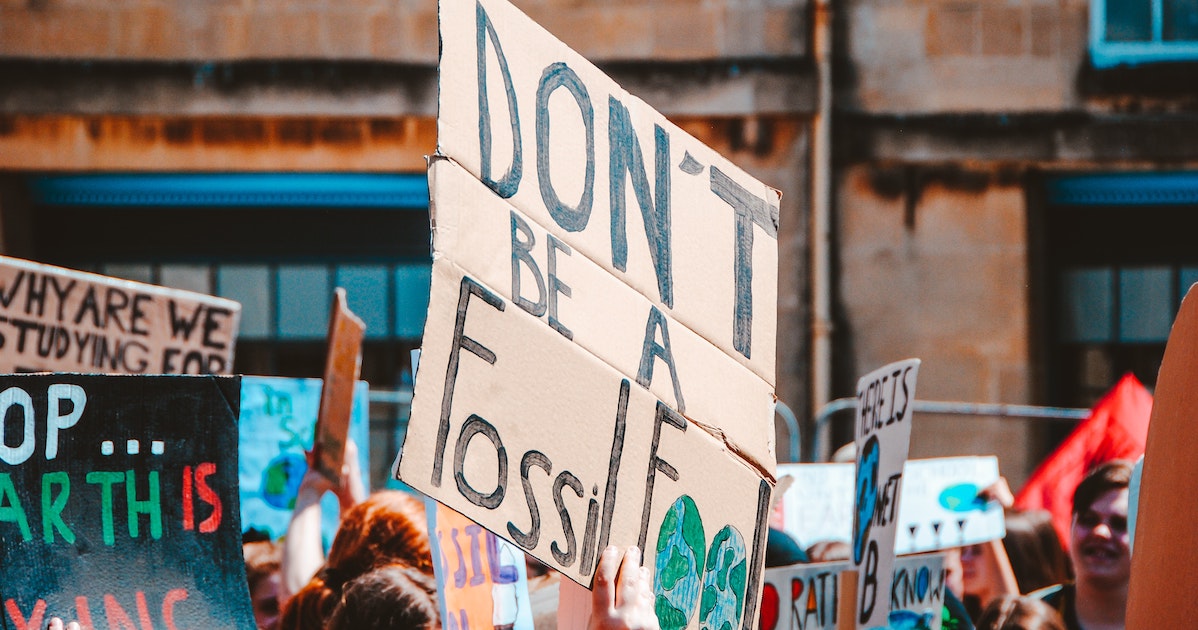Com a ascensão contínua do populismo de direita e de homens fortes autoritários em posições de poder em muitos países, o patriarcado parece mais arraigado do que nunca. Nikki van der Gaag argumenta que é mais importante do que nunca envolver os homens na luta pela igualdade de gênero.

A mais recente conferência de Cuidados com os homens, uma campanha global sobre paternidade engajada, reuniu participantes pessoalmente e online de todo o mundo. Houve uma sessão poderosa sobre 'Patriarcado, poder e privilégio', que me inspirou a escrever este blog.
Minhas amigas feministas frequentemente me perguntam por que estou fazendo este trabalho: homens contra o patriarcado não são uma contradição em termos? Por que os homens participariam da quebra de um sistema projetado para eles vencerem? E como seria se eles fizessem isso?
No grego antigo, patriarcado significava "governo do pai". Dicionário de Cambridge define isso como: 'um forma de social organização em que pais ou outro machos controlar o família, clã, tribo, ou maior social unidade, ou um sociedade organizado desta forma'; e 'o controlar por homens, em vez de do que as mulheres ou ambos, homens e mulheres, da maioria poder e autoridade em um sociedade'.
O conceito de patriarcado nos permite, como feministas, não apenas nomear um sistema de opressão, mas também relacionar o caso Weinstein, a eleição de Trump, a situação das trabalhadoras do setor têxtil na Ásia e os milhares de estupros de mulheres na Índia, na África do Sul e em nossos próprios países.
Os homens são aqueles que estão sustentando essas tendências preocupantes. Mas eles também podem fazer parte de derrubá-las.
Para que isso aconteça, uma análise do patriarcado precisa estar firmemente enraizada na compreensão do poder e privilégio dos homens sobre as mulheres, bem como naquilo que o meu colega Michael Kaufman chamou de “próprio poder dos homens”. experiências contraditórias de poder; o fato de que, embora a maioria dos homens tenha mais poder do que a maioria das mulheres, alguns homens têm muito mais poder do que outros.
Enquanto especialista australiano em masculinidades e gênero Raewyn Connell corretamente observa que: 'qualquer pessoa interessada em estruturas de poder [pode] ver que o desafio feminista ao patriarcado deve significar mudanças nas vidas dos homens”, isso não se trata apenas de atitudes e comportamentos individuais dos homens. Trata-se de estruturas e instituições, governos e locais de trabalho, sociedade civil, comunidades e famílias; sistemas e práticas que mantêm o patriarcado no lugar. É o que a filósofa feminista Kate Manne chamadas patriarcado histórico: “sistemas ou ambientes sociais onde as mulheres enfrentam hostilidade e ódio porque são mulheres em um mundo de homens.”

As mulheres, assim como os homens, jogam dentro das normas patriarcais, o que não é de surpreender quando elas se tornaram tão arraigadas ao longo de milhares de anos. E da mesma forma, o patriarcado está entrelaçado com o que Kimberlé Crenshaw chamou de 'interseccionalidade' – a interação de raça, gênero, classe, geografia, idade, sexualidade, capacidade e muitos outros em um complexo jogo de poder e privilégio.
O trabalho com homens pela igualdade de gênero é contestado em alguns círculos feministas por desviar a atenção e os recursos do trabalho vital sobre os direitos das mulheres. Outros, como a feminista, acadêmica e ativista indiana Srilatha Batliwala acredita que o número de grupos e organizações em todo o mundo que estão trabalhando com homens pela igualdade de gênero é uma evidência: 'do impacto que o movimento das mulheres teve na mobilização dos homens para reconhecer o patriarcado e reconhecer seu poder e privilégio. Temos homens que estão realmente abraçando a ideia de que desmantelar o patriarcado também os libertará – eles entendem que a masculinidade também é uma construção muito opressiva.'
'Não comprar o patriarcado significa renunciar a alguns privilégios históricos, mas são privilégios que não lhe dão paz, não lhe dão felicidade. O que dá felicidade às pessoas é estar conectado. Se continuarmos com essa assimetria de gênero, estaremos todos em apuros.' diz Oswaldo Montoya Telleria, da MenEngage Alliance.
O patriarcado, e tudo o que ele acarreta, tem efeitos particularmente negativos sobre as mulheres. Mas também reduz a expectativa de vida dos homens e os impede de reconhecer as conexões com eles mesmos e com os outros que os permitem ser atenciosos e empáticos.
A ligação nunca foi tão importante, uma vez que enfrentamos um aumento do populismo de extrema-direita e dos fundamentalismos religiosos, que são explicitamente patriarcais, anti-mulheres e, em particular, anti-feministas, e são frequentemente financiado pela direita religiosa.
Como Cas Mudde, um cientista político holandês que se concentra no extremismo político e no populismo na Europa e nos Estados Unidos, observa: "está claro que o gênero, e especificamente a masculinidade... desempenha um papel em termos de propaganda e apelo de partidos e políticos de direita radical."
Isto significa que, para derrotar este fenómeno, precisamos de procurar novas definições de masculinidades mais cuidadosas, que incluam a partilha pelos homens dos cuidados não remunerados e do trabalho doméstico em casa, que actualmente ainda é a reserva dominante das mulheres. em todos os países do mundo. Desafiar esse padrão atinge o cerne dos sistemas patriarcais onde o cuidado não é valorizado, os homens têm poder sobre as mulheres e as mulheres só têm poder em casa.
Aqueles que acreditam na igualdade de gênero precisam se unir para desafiar esses estereótipos, tanto em casa quanto fora dela, resistir ao patriarcado, unir movimentos feministas com homens e redes de igualdade de gênero, Black Lives Matter com movimentos antipobreza, movimentos LGBT e trans com movimentos de justiça climática, para citar apenas alguns. Isso também significa que grupos majoritários, ou aqueles com poder, estejam preparados para desistir dele para se alinharem a outros movimentos.

Mas eles precisam fazer isso com cuidado. Quando os homens entram na conversa sobre igualdade de gênero da maneira errada, ou ignoram as consequências não intencionais, eles acabam reforçando as estruturas de poder patriarcais existentes e minando o trabalho das organizações femininas ao longo de décadas. Isso é sobre homens apoiando mulheres, não mansplaining. É por isso que redes e alianças de homens pela igualdade de gênero, como Cuidados com os homens, e o global Aliança MenEngage têm a igualdade de gênero e o bem-estar das mulheres, bem como dos homens, como princípios fundamentais.
Naomi Klein, a activista e escritora canadiana, disse que “a revolução reside na interacção da imaginação e organização.” Para nomear e entender o patriarcado, e semear as sementes de sua destruição, precisamos de imaginação e organização. Vamos aprender com a história do patriarcado enquanto olhamos para um futuro onde ele não existe mais. Vamos libertar nossa imaginação, questionar poder e privilégio, redefinir o que significa ser um homem, e agora mais do que nunca, continuar a nos organizar juntos para construir um mundo além do patriarcado, um mundo que seja mais justo, mais justo em termos de gênero e mais sustentável. E vamos reconhecer que homens contra o patriarcado não é uma contradição em termos.